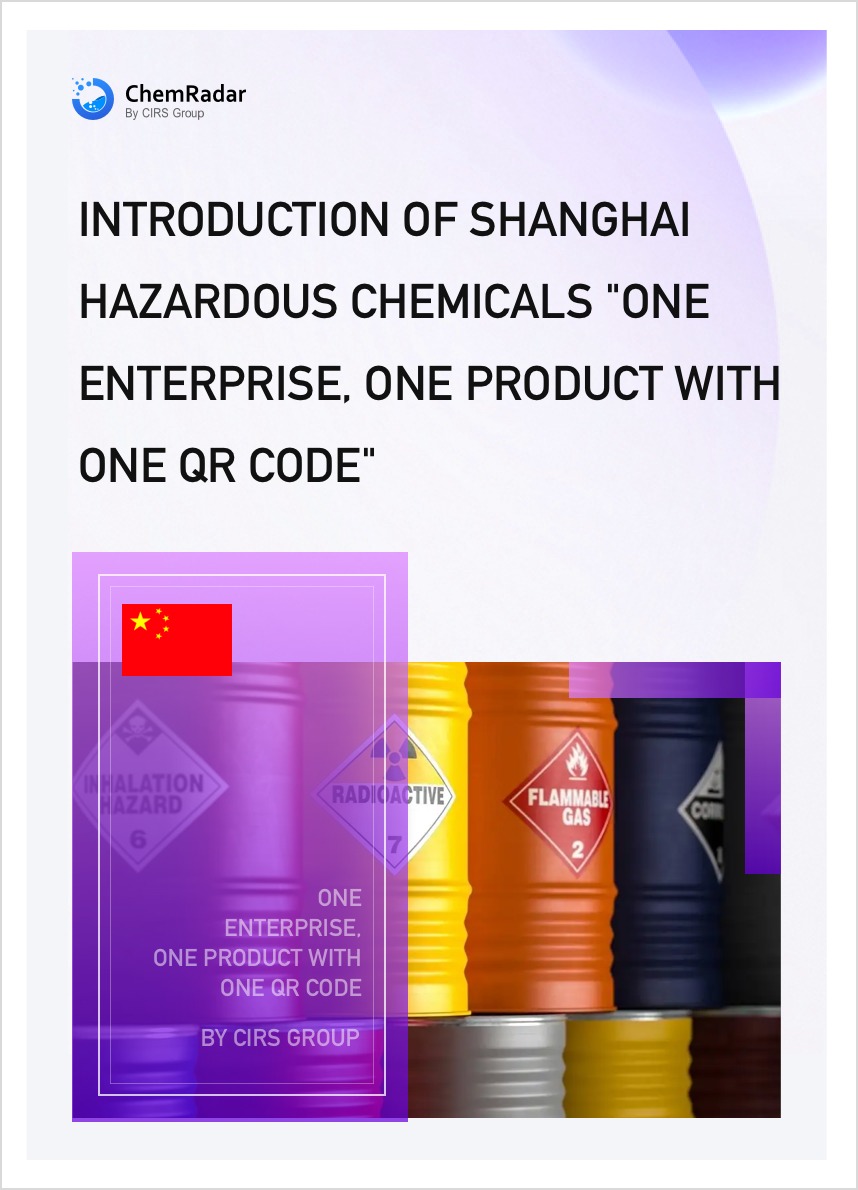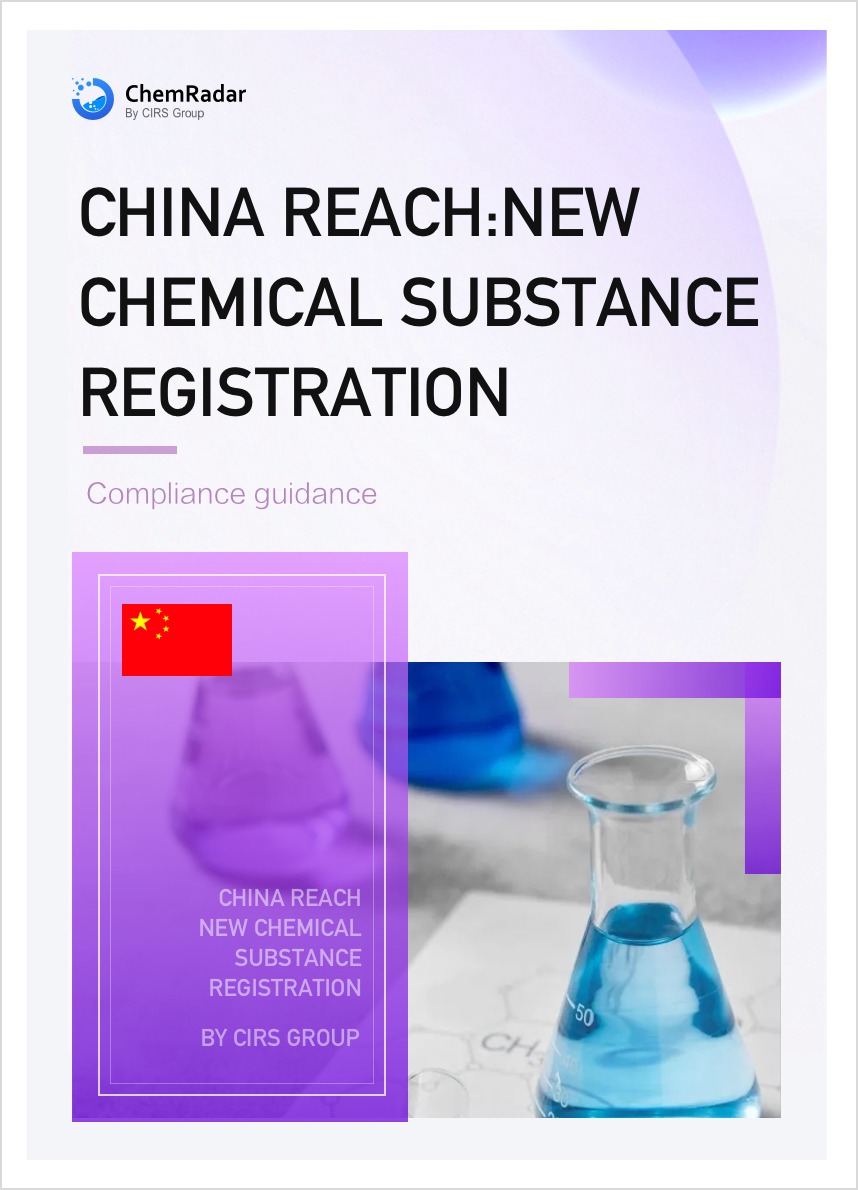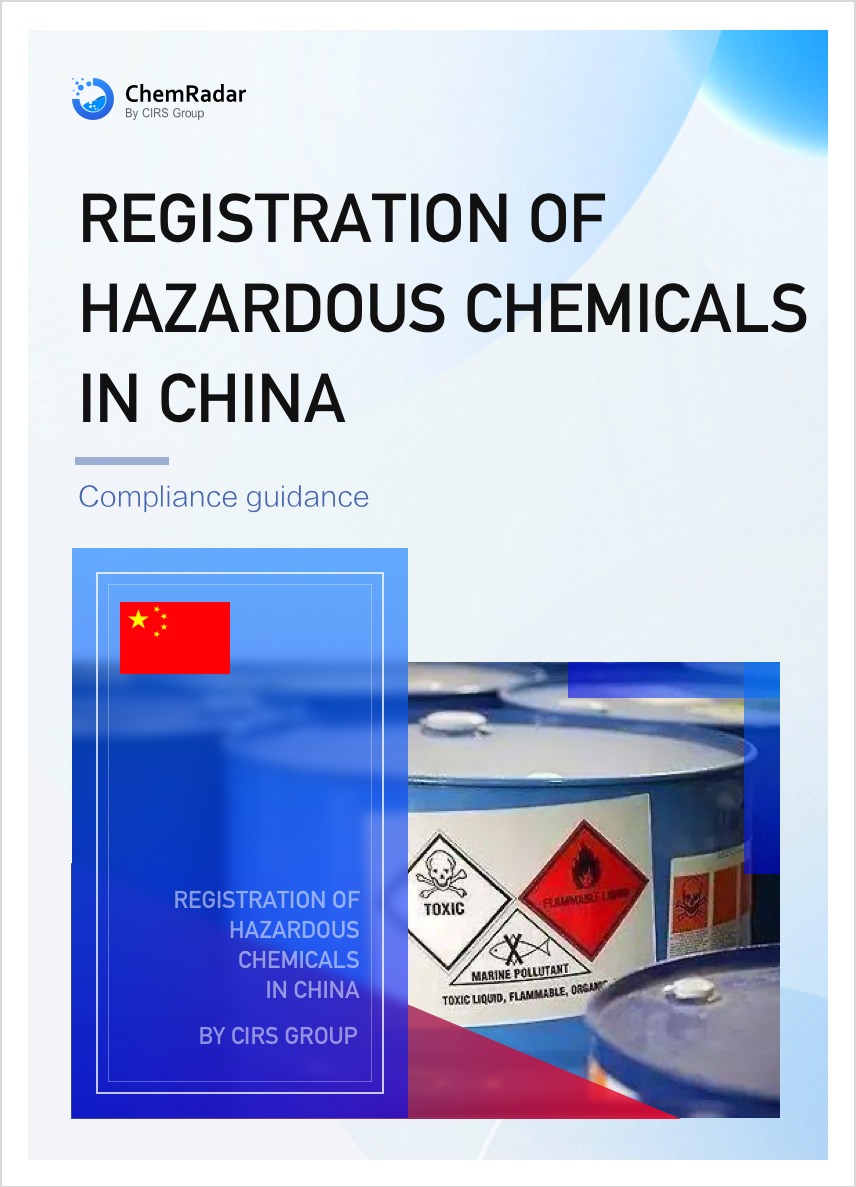According to the Ministry of Environment, NP and NPEO have been classified as controlled toxic chemical substances, with their regulatory concentration levels adjusted from 5% w/w to 0.1% w/w. This measure not only prohibits the use of these chemicals in the production of household detergents but also extends the prohibition to their use in industrial and institutional cleaners. The definition of cleaners follows the European Union's Detergents Regulation (EC) No 648/2004, which includes all washing and cleaning products containing soap or surfactants, regardless of being in liquid, powder, or paste form, and covers household, institutional, or industrial uses.
To gradually reduce the environmental and health risks associated with these chemicals, the new regulation will be implemented in two phases:
- Phase one: From September 1, 2026, the import of detergents containing more than 5% w/w NP or NPEO will be prohibited.
- Phase two: From March 1, 2027, further restrictions will be applied, prohibiting the import of detergents containing more than 0.1% w/w NP or NPEO.
Additionally, the Ministry of Environment sets specific exemptions:
- Importers who cannot find suitable alternatives for specific uses (such as cleaning of aviation engines or military weapons) may submit relevant documentation for review to the competent authorities. Upon approval, they may import cleaners containing NP or NPEO.
- Applicants planning to use NP and NPEO for textile and leather processing, the metal industry, and the paper industry must provide detailed plans for equipment, processes, and the treatment of wastewater and waste. Furthermore, it must be demonstrated that use will be confined to controlled systems and processes, with measures taken to ensure complete recovery, incineration, or removal from wastewater.
The Ministry of Environment urges the industry to make necessary adjustments before the implementation of the new regulations and encourages the use of more environmentally friendly alternatives, such as alkyl polysaccharides, betaines, and alkyl glucosides, which are non-ionic surfactants. The Ministry welcomes comments or suggestions on the draft from all sectors within 60 days after the announcement.
This new policy marks a significant step for Taiwan in environmental protection and public health, aiming to reduce the environmental impact of hazardous chemicals and protect ecosystems and public health.
For details on the draft, please refer to:
https://enews.moenv.gov.tw/Page/3B3C62C78849F32F/2a473fca-a504-4e0f-9bcf-5c1fe0693ee7




